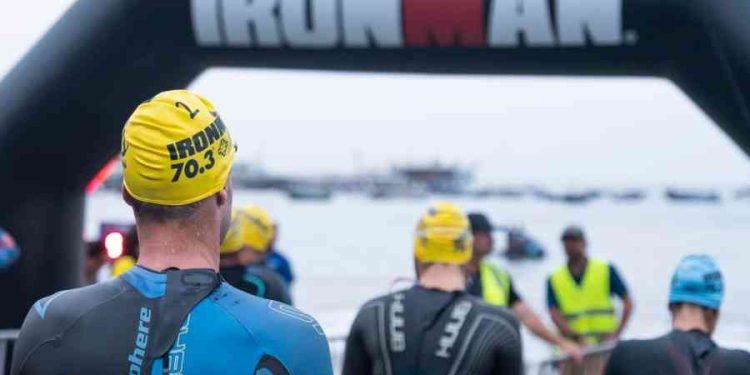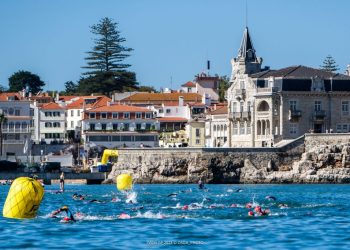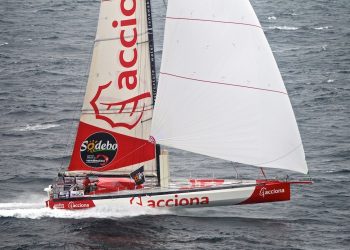Ironman, one of the most recognized names in endurance sports, is taking significant steps to reduce the environmental impact of its races. In recent years, the organization has implemented measures designed to balance the excitement of competition with a commitment to protecting nature.
One of the clearest examples came with Ironman Boulder, which became one of the first triathlons in the world to receive Evergreen certification from the Council for Responsible Sport. The event stood out for its zero-waste approach, including the collection of discarded bike tubes for reuse, the reapplication of signage and structures, and the use of shuttle services that eliminated thousands of unnecessary car trips. To go even further, organizers purchased water restoration certificates and offset the greenhouse gas emissions generated during the event.
Environmental rules are also integrated into race regulations. Athletes are required to dispose of their waste only in designated eco-zones, with time penalties or even disqualification awaiting those who fail to comply. This strict enforcement has encouraged participants to respect the environment as much as the race itself.
Ironman Lanzarote has added to this momentum by introducing innovative practices such as GPS buoys to protect marine ecosystems, reusable water bottles, compostable materials for runners, and athlete bags made from recycled materials. These initiatives have been recognized by local authorities and celebrated by the endurance community as a model of how major sporting events can operate more sustainably.
By weaving sustainability into the culture of its competitions, Ironman is showing that even large-scale endurance races can embrace eco-friendly practices. As the sport continues to grow, these commitments are setting a standard for future events worldwide.



















